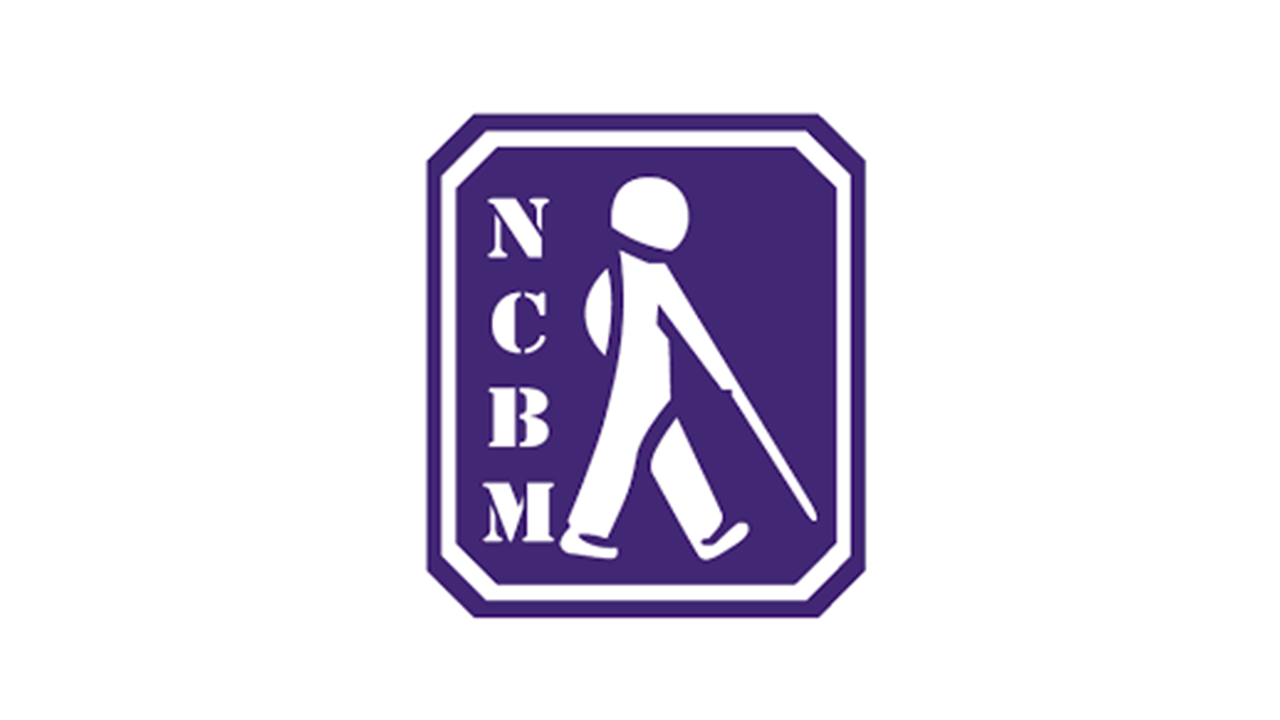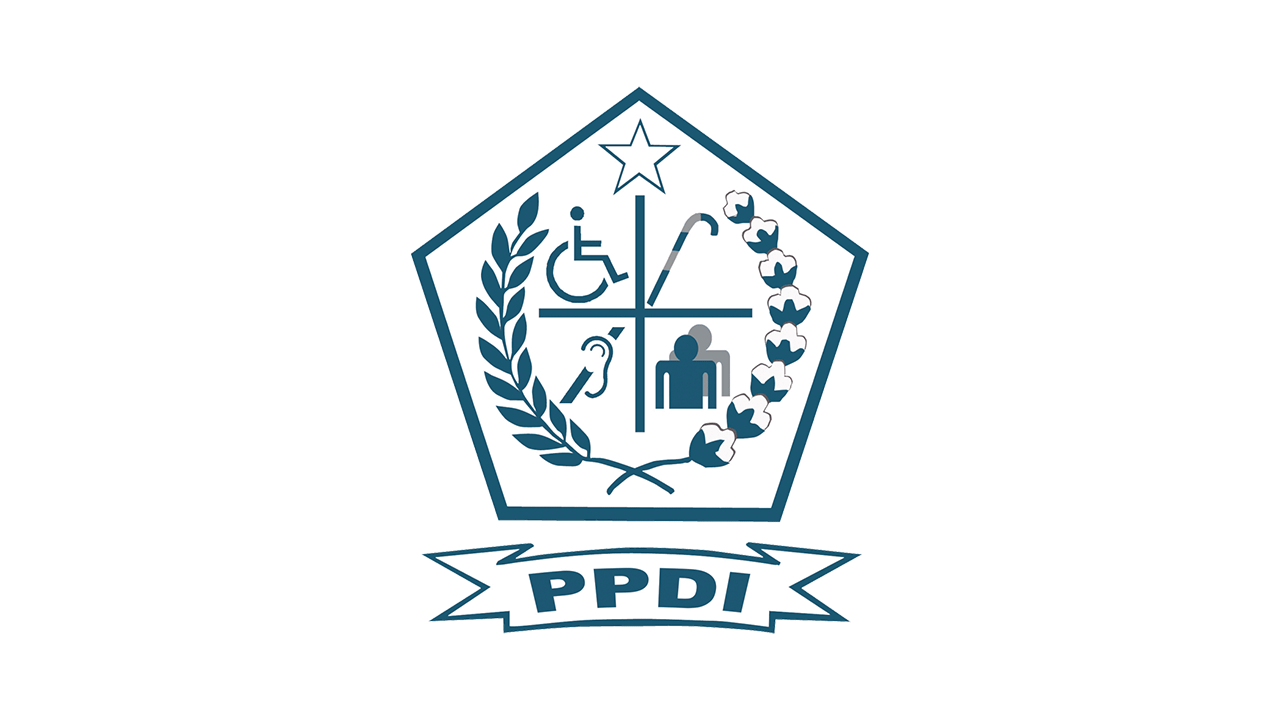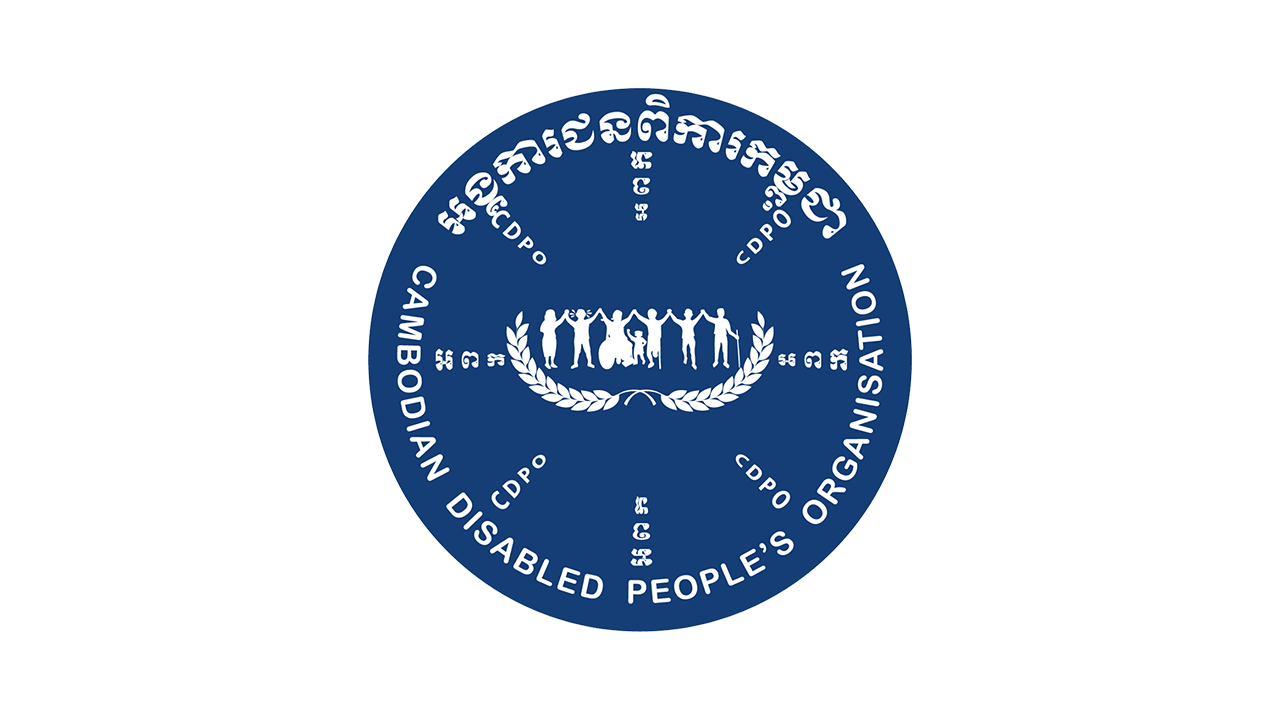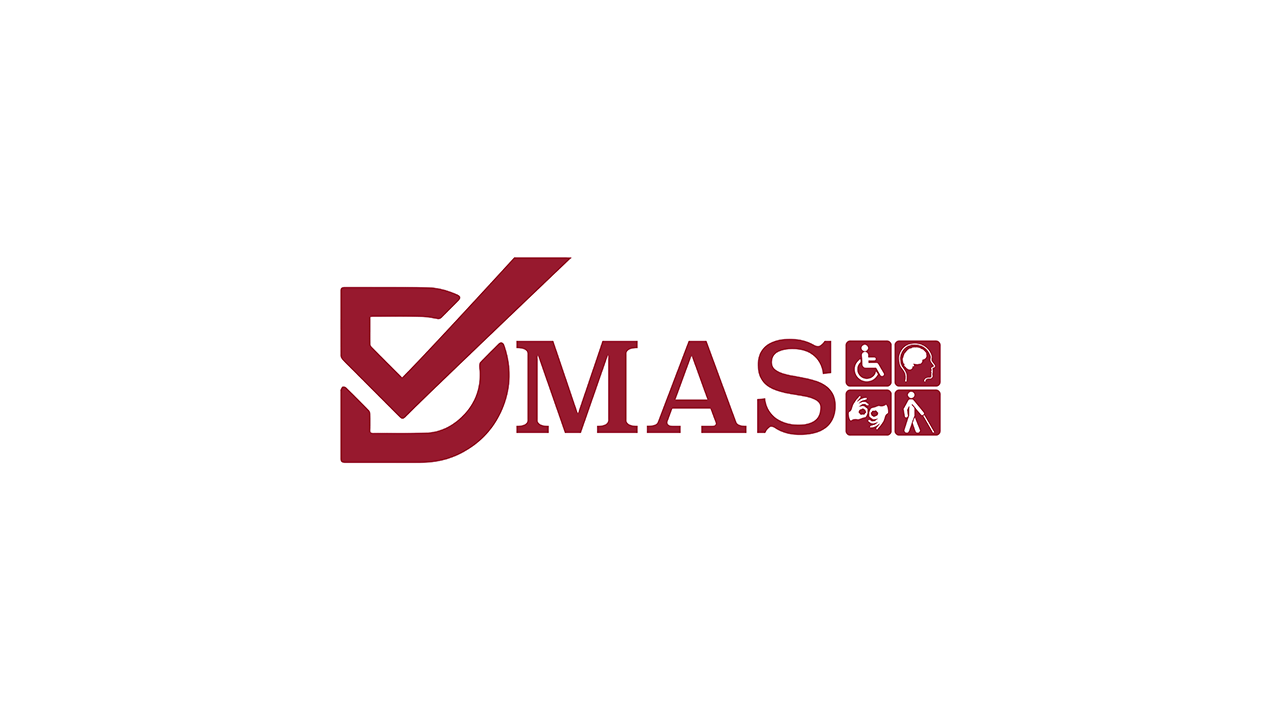On May 3, AGENDA, the ASEAN Intergovernmental Commission on Human Rights (AICHR) and ASEAN Disability Forum (ADF) organized the third AICHR webinar on best practices, lessons learned and next steps on how digital technology can advance the rights of persons with disabilities during the pandemic. H.E. Yuyun Wahyuningrum, Representative of Indonesia to AICHR delivered welcoming remarks highlighting the opportunities and challenges brought on by the advancement of digital technology to the region, especially to protect the rights of persons with disabilities. In her keynote speech, Ms. Cai Cai, Chief of Gender Equality and Social Inclusion at the United Nations Economic and Social Commission for Asia and the Pacific (UNESCAP), shared that digital accessibility is a right that is protected by the UNCRPD, the Sustainable Development Goals (SDGs) and the Enabling Masterplan. The first speaker, Ms. Sandrayati Moniaga, Coordinator for Study and Research at Indonesia’s National Human Rights Commission, shared a case study in Indonesia where some students with disabilities were experiencing addictions to electronic gadgets used outside of school. Ms. Sofi Soeria Atmadja, Head of Regional Affairs for the Center of International Affairs at Indonesia’s Ministry of Communication and Information Technology, spoke about advancing the protection of disability rights in ASEAN’s post pandemic period. The third speaker, Mr. Thongchanh Inthachak, Director of Disability Mainstreaming Advisory Service (DMAS) Center, Laos described how limited internet access in many parts of Laos, especially rural areas, has delayed digital literacy for many persons with disabilities. The final speaker, Mr. Ken Chua, Founder of (these)abilities in Singapore, shared how digital technology can support persons with disabilities and be part of their daily lives in the post pandemic era with examples. Mr. Chua explained that the Singaporean government provided reliable information about COVID-19 in nearly all media platforms in various languages including English, Mandarin, Malay and Tamil. Singapore also provided safe gateway entry boxes in the entrances of many shops and QR codes that send notifications upon entering crowded areas in shopping malls. Sixty-five people participated in the web seminar. Sign language interpretation and closed captioning were provided to accommodate deaf participants. (
Webinar on Best Practices, Lessons Learned and Next Steps on How Digital Technology can Advance the Rights of Persons with Disabilities during the Pandemic










